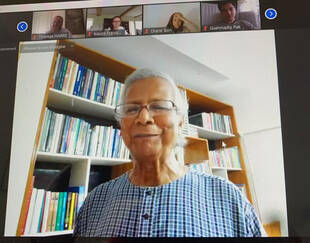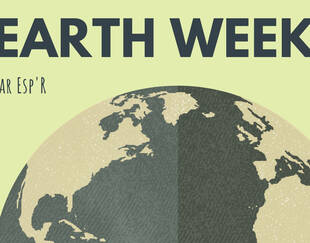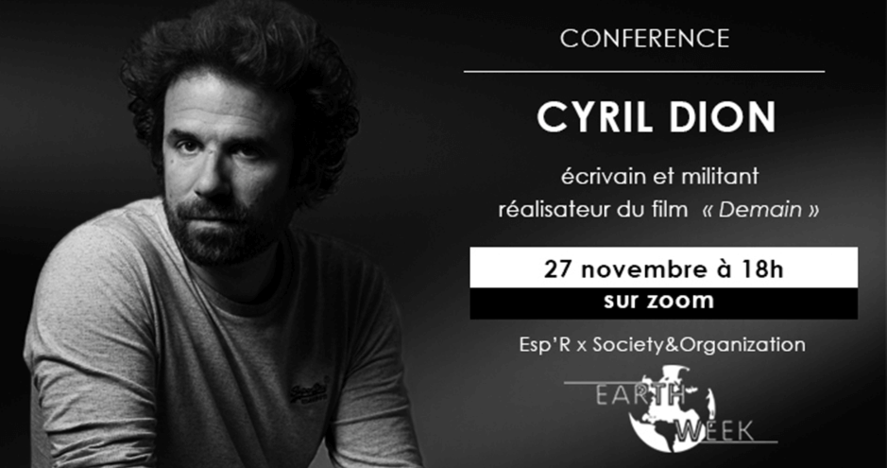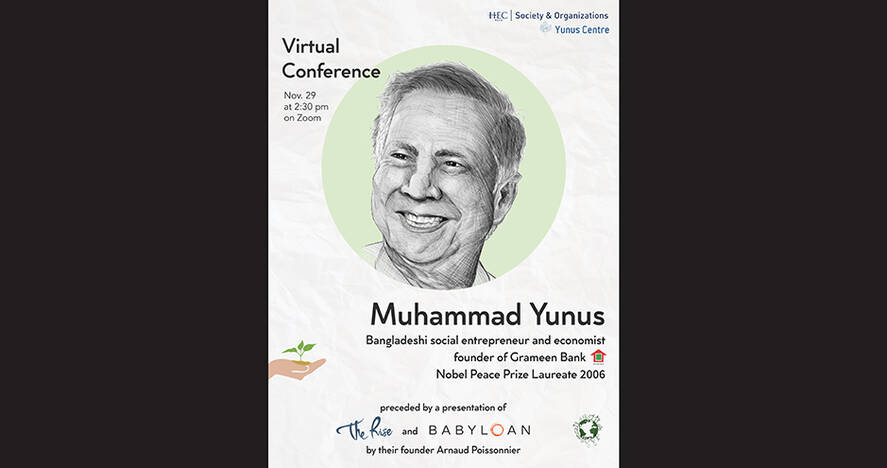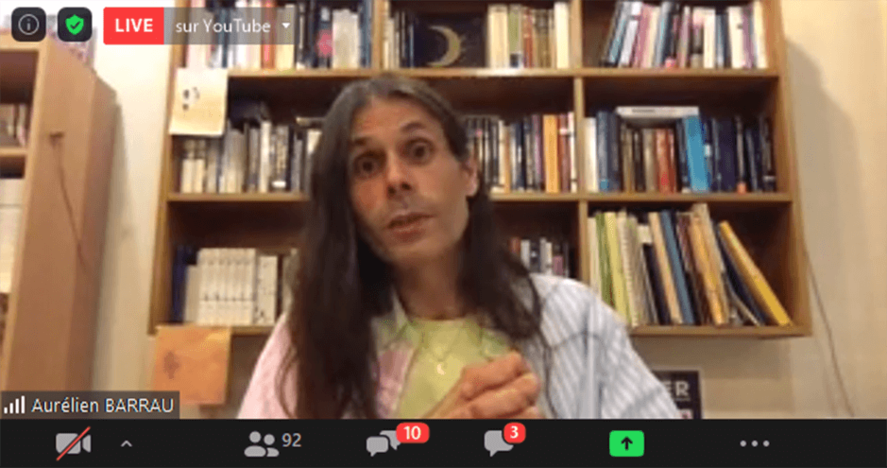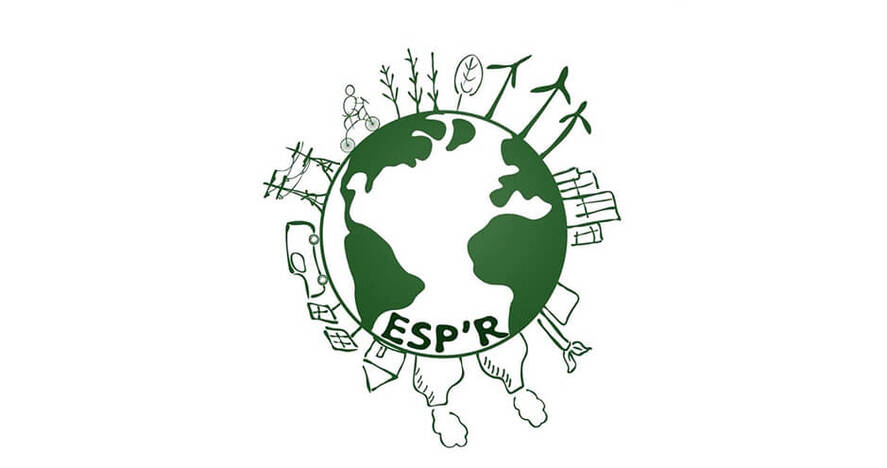Student-driven Earth Week Enjoys Virtual Success
The second 2020 HEC Paris Earth Week brought together around 2,000 students, staff members, academics and outside visitors in virtual exchanges focusing on the environmental challenges ahead. The 12-day event was deemed a resounding success, paving the way for a third edition in 2021.
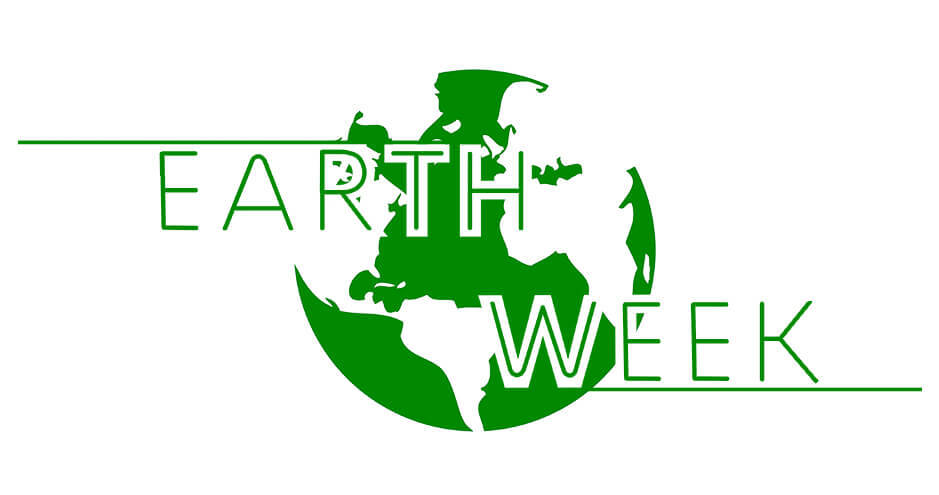
HEC Paris students sent out a powerful message that they mean business when it comes to social and environmental initiatives. Lead by the ESP’R student association, the 19 virtual events reflect a rapidly widening awareness of ecological and climatic issues as they relate to sustainability and business. The figures speak for themselves: the 12 days of workshops, conferences and debates united at least 2,000 students, staff members and professors (if one includes the closing keynote exchange with Nobel laureate Muhammad Yunus which also opened The Rise Challenge) – this, despite the challenges of being 100% online. “Earth Week brought us so much, not only as organizers but also spectators of our own events,” said first-year student Maëlle Buet. “First and foremost, this was a professionalizing experience in all departments. It was also a learning experience: without exception, all the speakers taught us so much and gave us new impetus to continue our actions, which aim at making things happen. We leave with hope and plenty of good ideas.”
These ideas were nourished by events that were impressive in diversity and scope. There seemed something for everyone: a roundtable on sustainable fashion, another on climate change; a discussion with the Jouy-en-Josas townhall on recycling and reducing waste; a webinar to learn how to measure impact; an awareness session around HEC’s MSc Sustainability & Social Innovation (SASI) ; conferences by global references (Yunus, but also Aurélien Barrau, Cyril Dion and Pierre Larrouturou); and even taking time out to enjoy a session to learn to cook up a Veggie meal with Goodplanet. “In the name of the Student Affairs department,” said its communications manager Frédéric Voirin, “I’d like to extend my congratulations to the Earth Week team. The collective organization was of an exceptional quality! I would like to salute the diversity of subjects offered and the smooth coexistence of conferences in both English and French.” François Collin, Director for Climate and Environmental Sustainability at HEC Paris, was equally impressed by the program: “It was an inspiring mix on serious topics, as philosophical as they were pragmatic. At times, they were disturbing, at times delightful. It has provided food for thought on the eve of the fifth anniversary of the Paris Agreements.”
Earth Week was bookended by speakers who encouraged the HEC Paris community to step up their efforts to revolutionize economic paradigms. “The health crisis has revealed the many weaknesses in our economic systems,” said Muhammad Yunus from his home in Bangladesh. “Millions of workers have lost their jobs and savings, forgotten by the economy. In a very visual way, it underlines how tenuous is the life of half the world’s population. They were hanging on by their nails to survive because the system does not work, it’s only reserved for the very wealth minority at the top.” The 2006 Nobel Peace Prize laureate and founder of the Grameen Bank went on to describe the responsibility of the banking system and the very philosophy it depends on. “At Grameen, we decided to just the opposite of everything they preach: we went to the poor, we sought women clientele, we focused on the rural populations. This is the essence of social business and micro-finance banking. So, I am asking you to start a revolution, not a violent one, but a revolution of the mind. Because our house is burning, whilst, inside that house, we’re having a party? Why? Because we are addicted to the way we live. We must overcome our addictions.”
The astrophysicist and philosopher Aurélien Barrau was equally impassioned in his exchange with some 400 online attendees (in a conference which has been viewed by almost 16,000 people since being posted two weeks ago). “How can we talk about progress? Progress is a word which has been stolen. It’s like believing in Father Christmas! We are destroying this planet and to think we can magically save ourselves is pure fantasy. We’ve already killed 60% of the world’s vertebrae in the last 40 years. But that doesn’t mean we must be passive, we just have to find a sense of responsibility and maturity that is unprecedented.” Barrau, who, last May, co-authored a call-to-arms in Le Monde to “avoid ecological disaster”, advised HEC Paris students to look at the experiments attempted by the ZAD community at Notre-Dame-des-Landes. “They are inventing alternatives, based on collectivity and not individuality. Whilst I believe individuality is fundamental, the “I” is dependent on the collective rhizome.”
Local initiatives and projects for the HEC Paris campus were rewarded during Earth Week’s Sustainability Prize session. Proposals ranged from E-scooter solutions to ‘Smartbenches’ and collaborative boards. But it was the DIY shop - designed to repair broken machines - and the responsible restaurant – an initiative to fight food wastage and encourage local produce - which were rewarded. “The top three projects will be accompanied by the sustainable campus team and ESP’R,” noted the head of Sustainable Development for HEC, Christophe Ollé. Meanwhile, students were undoubtedly encouraged by the session entitled “Networking with Do-ers: 8 initiatives to change the world”. This was devoted to discovering social enterprises which have succeeded in sensitizing entire populations with their startups. Mapping the world’s plastic wastage, re-inventing bread, accelerating the carbon transition in business, eliminating food wastage in business or sensitizing clients through permaculture and tree-growing… These were just some of the projects developed by their founders over the course of a rich afternoon.
There was plenty more Earth Week sessions to feast on for students who found a degree of respite from the COVID-linked crisis. It appears that co-organizer Louis Fidel’s gamble on going ahead with an event initially designed for on-campus presence came off. On the eve of the launch, he and his ESP’R team had promised to relieve pandemic blues with “some good and green vibes!” Two week later? “Yes, we’re absolutely delighted,” said fellow-organizer Maëlle Buet of the association. “But we’re already organizing the next edition. Our hope is to bring together more of the HEC community. We also envisage collaborations with other student associations, with a special focus on women entrepreneurship.”
That ESP’R energy spilled into the following week’s The Rise Challenge in which HEC raised over €55,000 for the hundreds of micro-enterprises, the third-largest sum out of 31 campus universities.
Related articles

